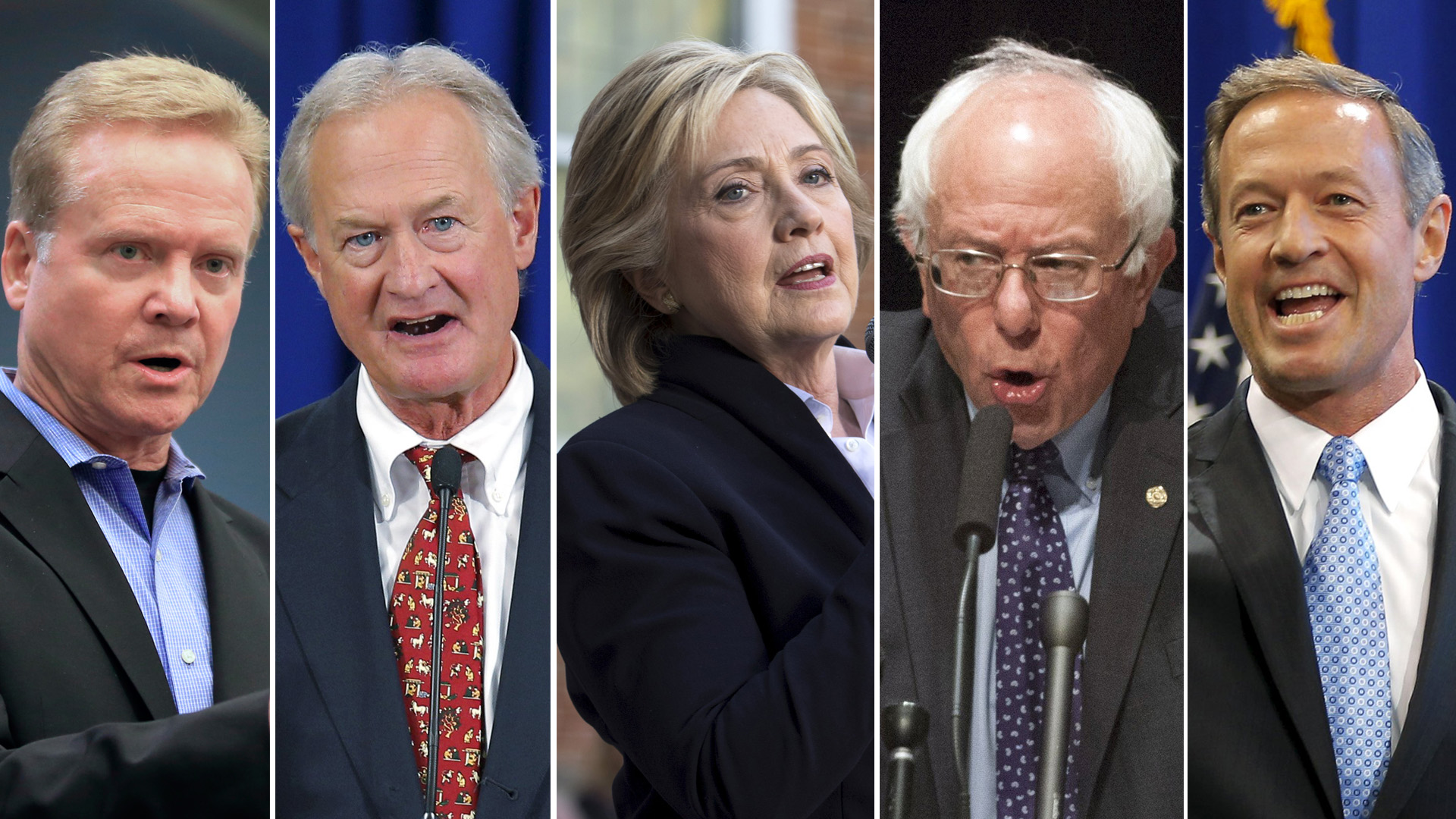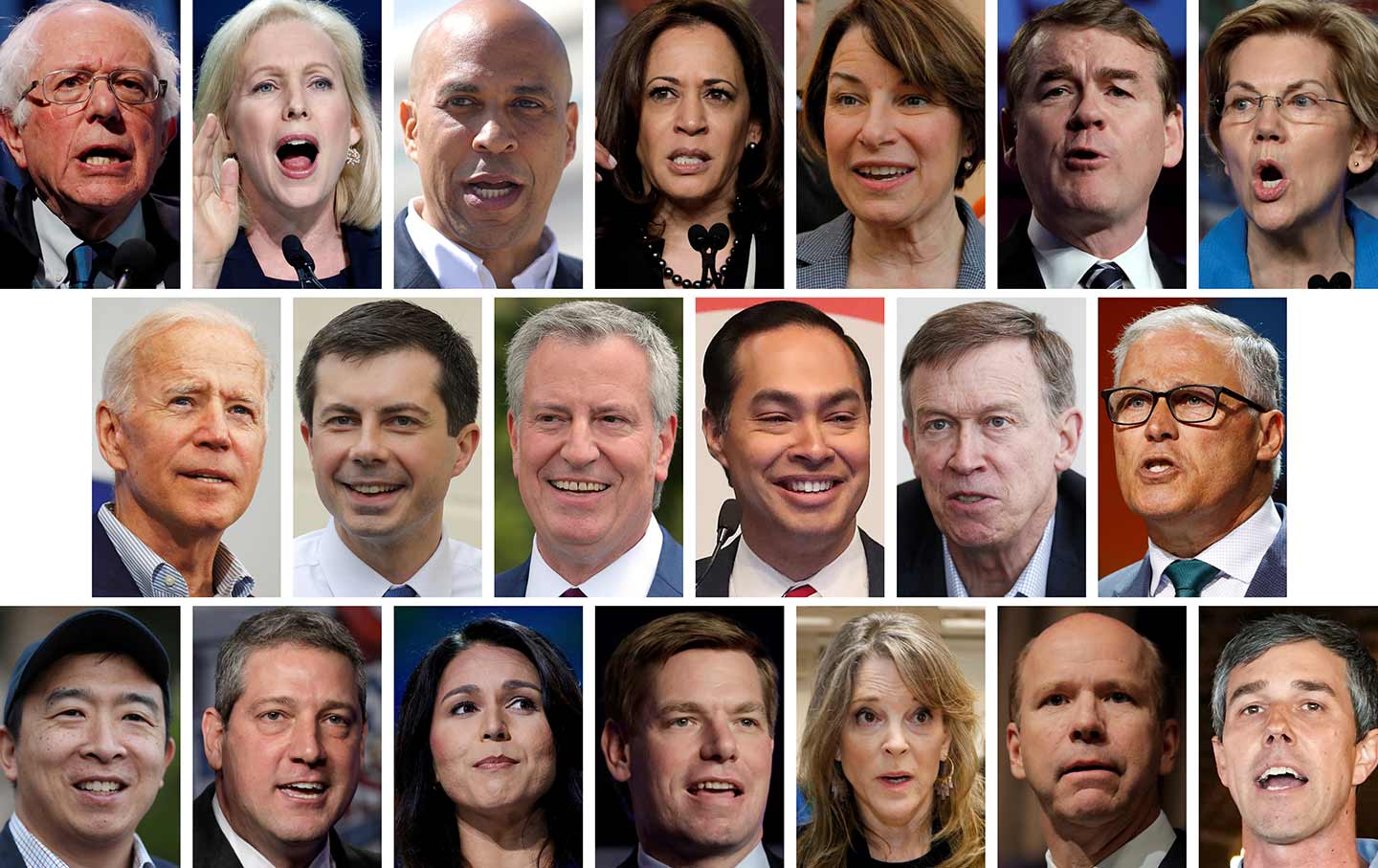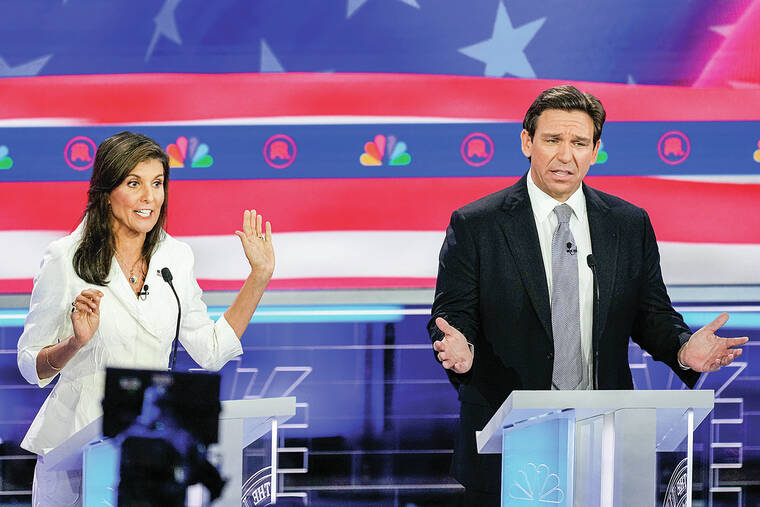History and Evolution of Presidential Debates

Presidential debates, a cornerstone of American democracy, have undergone a remarkable transformation since their inception, evolving from informal gatherings to highly orchestrated media spectacles. This evolution reflects changing political landscapes, technological advancements, and evolving public expectations.
Early Debates and Their Limited Reach
The first televised presidential debate took place in 1960 between John F. Kennedy and Richard Nixon. This historic event marked a pivotal moment in the history of debates, as it introduced a new dimension of visual and auditory engagement for the American public. Prior to this, debates were primarily radio broadcasts or print media events, reaching a limited audience. The 1960 debate, however, captivated a vast television audience, showcasing the power of the medium to shape public perception.
The Rise of Commission-Organized Debates
In the aftermath of the 1960 debate, the League of Women Voters, a non-partisan organization, stepped in to organize and manage presidential debates. This marked a shift from informal arrangements to a more structured and neutral framework. The League’s involvement aimed to ensure fairness and impartiality in the debate process, providing a platform for candidates to engage in substantive discussions on key issues.
The Influence of Television and the Internet
The advent of television and the internet has profoundly impacted the format and reach of presidential debates. Television broadcasts have expanded the audience reach, making debates accessible to millions across the country. The internet has further amplified this reach, offering live streaming, on-demand viewing, and social media discussions, allowing for a more interactive and engaging experience.
Debates in the Digital Age: A New Era of Engagement
The digital age has ushered in a new era of engagement with presidential debates. Social media platforms have become a central hub for debate commentary, analysis, and audience participation. The internet also provides access to a wealth of information about candidates, their positions on issues, and historical debate moments. This digital landscape has created a more informed and participatory audience, shaping the dynamics of presidential debates.
Impact of Presidential Debates on Public Opinion and Election Outcomes

Presidential debates are widely considered to be a crucial element of the American electoral process, shaping public opinion and potentially influencing election outcomes. They provide a platform for candidates to directly engage with voters, articulate their policy positions, and showcase their leadership qualities. The impact of these debates on voter perceptions and preferences is a subject of ongoing research and debate.
Influence on Voter Perceptions and Preferences, Presidential debates
Presidential debates can significantly influence voter perceptions and preferences, potentially shifting the dynamics of an election. The format of a debate allows voters to observe candidates’ communication styles, their ability to handle pressure, and their knowledge of key issues. This exposure can shape voters’ impressions of candidates’ competence, trustworthiness, and likability.
- Debates can solidify existing opinions: Voters who already have strong preferences for a particular candidate may find their views reinforced by the debates, as they see their favored candidate perform well and articulate their positions effectively.
- Debates can also sway undecided voters: For those who are still making up their minds, debates can provide valuable insights into the candidates’ strengths and weaknesses, influencing their final decision.
- Debates can create “bounce” effects: A candidate who delivers a strong performance in a debate may experience a temporary surge in popularity, known as a “bounce.” However, the sustainability of these bounces is often debated, as they can be influenced by other factors in the campaign.
Shaping Public Understanding of Candidates’ Positions and Qualifications
Debates play a vital role in shaping the public’s understanding of candidates’ positions on key issues and their qualifications for office. By providing a platform for direct engagement, debates allow candidates to elaborate on their policy proposals, respond to questions from moderators and the public, and defend their positions against scrutiny.
- Clarification of policy positions: Debates can provide voters with a clearer understanding of candidates’ stances on important issues, such as healthcare, the economy, and foreign policy. This clarity can help voters make informed decisions about which candidate best aligns with their values and priorities.
- Assessment of candidates’ qualifications: Debates can also provide insights into candidates’ qualifications for the presidency. Their ability to handle pressure, articulate complex issues, and respond to challenging questions can demonstrate their preparedness for the demands of the office.
- Comparison of candidates’ approaches: Debates allow voters to directly compare the candidates’ approaches to various issues. This side-by-side analysis can highlight differences in policy priorities, leadership styles, and overall vision for the country.
Shaping the Narrative of an Election
Presidential debates often shape the narrative of an election, influencing how voters perceive the race and the candidates’ strengths and weaknesses. Memorable moments, gaffes, and strong performances can have a lasting impact on the public’s perception of the candidates.
- Memorable moments: A well-crafted response, a powerful argument, or a compelling anecdote can leave a lasting impression on viewers. These moments can become key talking points in the media and among voters, shaping the overall narrative of the campaign.
- Gaffes and missteps: Conversely, gaffes, missteps, or poorly articulated responses can have a negative impact on a candidate’s image. These moments can be amplified by the media and social media, potentially damaging a candidate’s credibility and affecting their standing in the race.
- Performance and demeanor: A candidate’s performance and demeanor in a debate can also shape voter perceptions. A candidate who appears confident, composed, and engaging can project an image of leadership and competence, while a candidate who seems nervous, unprepared, or evasive may raise concerns about their suitability for office.
The Role of Media and Social Media in Presidential Debates

Presidential debates are a crucial part of the American political landscape, offering voters a platform to directly compare candidates’ positions and personalities. However, the media and social media play a significant role in shaping public perception of these debates, influencing how voters interpret the information presented.
Media Coverage and Analysis
The media plays a critical role in setting the agenda for presidential debates, shaping how the public views the candidates and their performances. This influence is exerted through news coverage, analysis, and commentary.
- News Coverage: Television networks, newspapers, and online news outlets provide extensive coverage of presidential debates, often offering live broadcasts and real-time updates. This coverage can influence public opinion by highlighting certain moments, emphasizing specific issues, and framing the debate in a particular light.
- Analysis: Following the debates, media outlets often feature expert analysis from political scientists, journalists, and commentators. These analyses can provide valuable insights into the candidates’ performances, their policy positions, and the potential impact of the debate on the election.
- Commentary: Political commentators, pundits, and talk show hosts offer their opinions and interpretations of the debates, often shaping public perception through their often biased perspectives. These commentaries can reinforce existing biases or introduce new ones, influencing how voters view the candidates and the issues at stake.
Fact-Checking and Analysis in Ensuring Accuracy
The media’s role in fact-checking and analysis is crucial for ensuring the accuracy and fairness of debate coverage.
- Fact-Checking: Fact-checking organizations and media outlets play a vital role in verifying the truthfulness of claims made during the debates. By identifying and correcting inaccuracies, they help to ensure that voters receive accurate information.
- Analysis: Media outlets and political analysts often provide in-depth analysis of the debates, examining the candidates’ arguments, their use of evidence, and the overall effectiveness of their presentations. This analysis can help voters understand the complexities of the issues at stake and evaluate the candidates’ qualifications.
Social Media’s Impact on Information and Opinions
Social media platforms have become increasingly influential in shaping public opinion, particularly during presidential debates.
- Information Spread: Social media platforms facilitate the rapid spread of information and opinions surrounding presidential debates. Users can share news articles, videos, and commentary, creating a dynamic and often overwhelming flow of information.
- Misinformation and Bias: The rapid spread of information on social media can also lead to the dissemination of misinformation and biased perspectives. This can create echo chambers where users are only exposed to information that confirms their existing beliefs, leading to polarization and a distorted view of the debates.
Presidential debates, those gladiatorial spectacles of political discourse, often mirror the broader societal landscape. The fiery exchanges, the carefully crafted arguments, all reflect the anxieties and divisions that grip the nation. And so, it’s no surprise that the recent controversy surrounding the nassau county ban masks has become a flashpoint in the political arena.
This clash of ideologies, a microcosm of the larger debate on personal freedoms versus public health, will undoubtedly find its way into the upcoming presidential debates, further fueling the flames of a nation divided.
Presidential debates are the gladiatorial arenas of the political world, where candidates clash in a battle of wits and charisma. But the timing of these debates is a strategic game in itself. Presidential debate time is chosen carefully, factoring in news cycles, public interest, and the potential to sway undecided voters.
The outcome of these verbal duels can shape the narrative of the campaign, leaving a lasting impact on the race for the highest office in the land.
